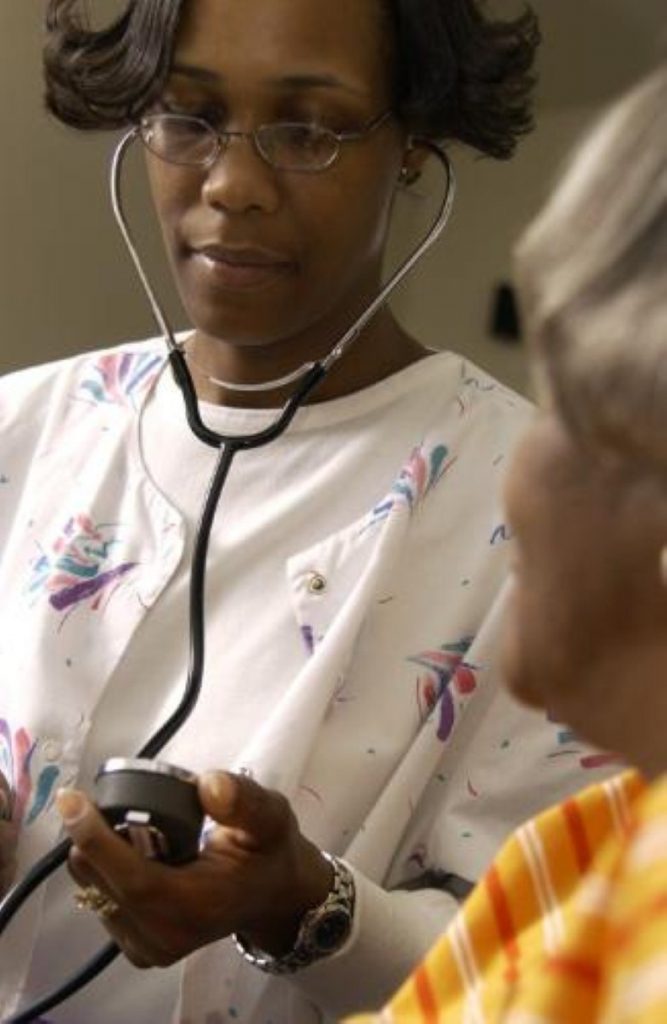‘Health trainers’ to tackle health inequality
The government will deploy new ‘health trainers’ across the UK to help tackle the problem of health inequality between the richest and poorest.
The announcement comes as a new report suggests health inequalities are growing in the UK, despite a government pledge to reduce the gap by ten per cent by between 1997 and 2010.
Twelve areas in the most deprived parts of the country have been named today as sites for the new trainers, who will support people to change their lifestyles to help prevent diseases like cancer and heart disease.
Announcing the sites, public health minister Caroline Flint said many people “have difficulty in changing to a healthier way of life”, as support was only available at the wrong time of day or to fluent English speakers.


The new trainers will “give support to local people in their communities and provide information to help them develop personal health plans and carry them out”, she said.
Health inequality is based on the key factors of life expectancy and infant mortality rates and, according to today’s government-commissioned report, both these have actually increased.
The report, by Scientific Reference Group of Health Inequalities, says the gap in life expectancy between the bottom fifth of the population and everyone else has widened by two per cent for men and five per cent for women between 1997-9 and 2001-3.
The gap in the infant mortality rate also increased. Among the poorest section of the population, the rate was 19 per cent higher than the national average in 2001-3, an increase of six percentage points on 1997-9.
The government today acknowledged that tackling health inequality remained a “significant challenge” but highlighted progress in some areas that could help reduce that inequality in the future.
In particular there has been progress on child poverty and the quality of housing. The proportion of children living in low-income households has fallen by nearly a fifth between 1998-99 and 2003-04. And the proportion of vulnerable households living in non-decent housing has fallen by a third since 1996.
The new health trainers are part of the government’s pledge to reduce health inequalities across the country, announced in last year’s public health white paper.












